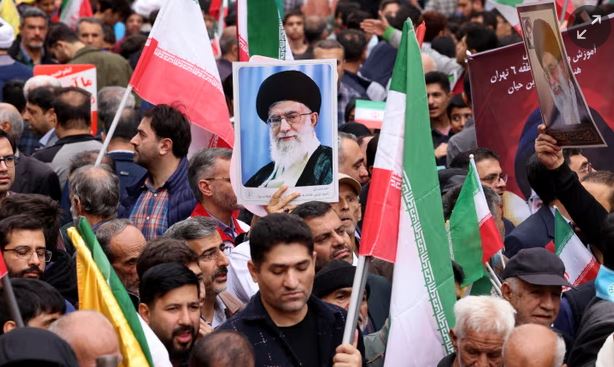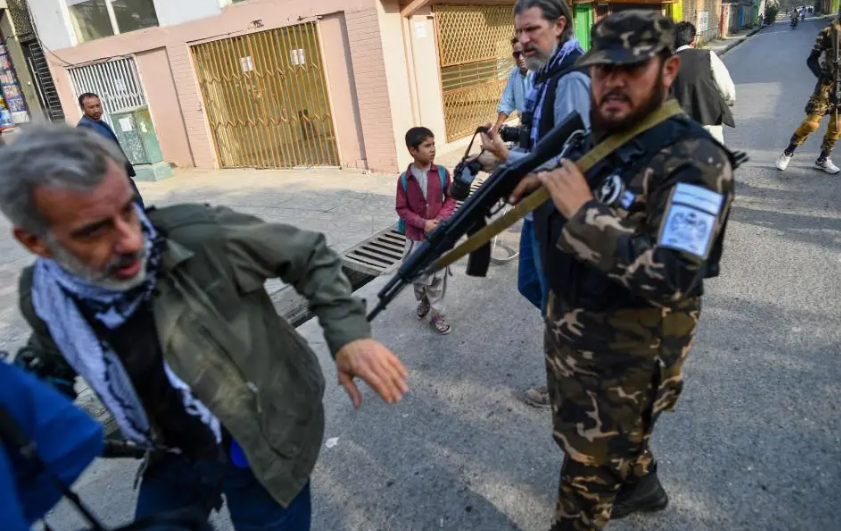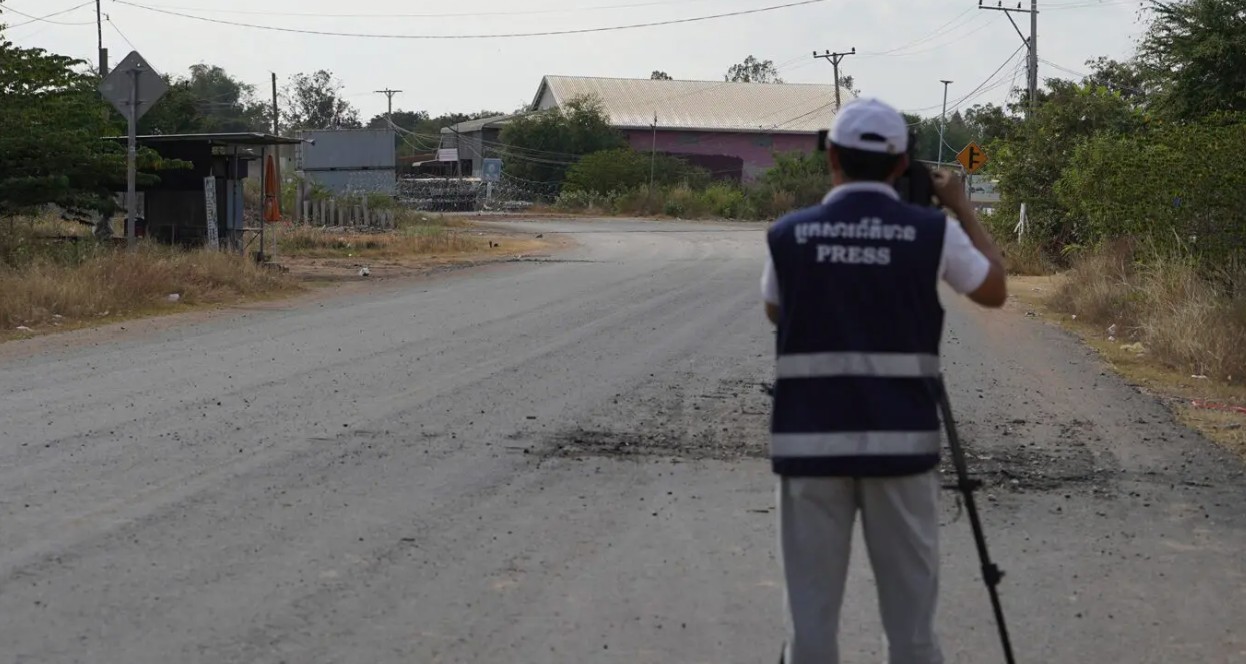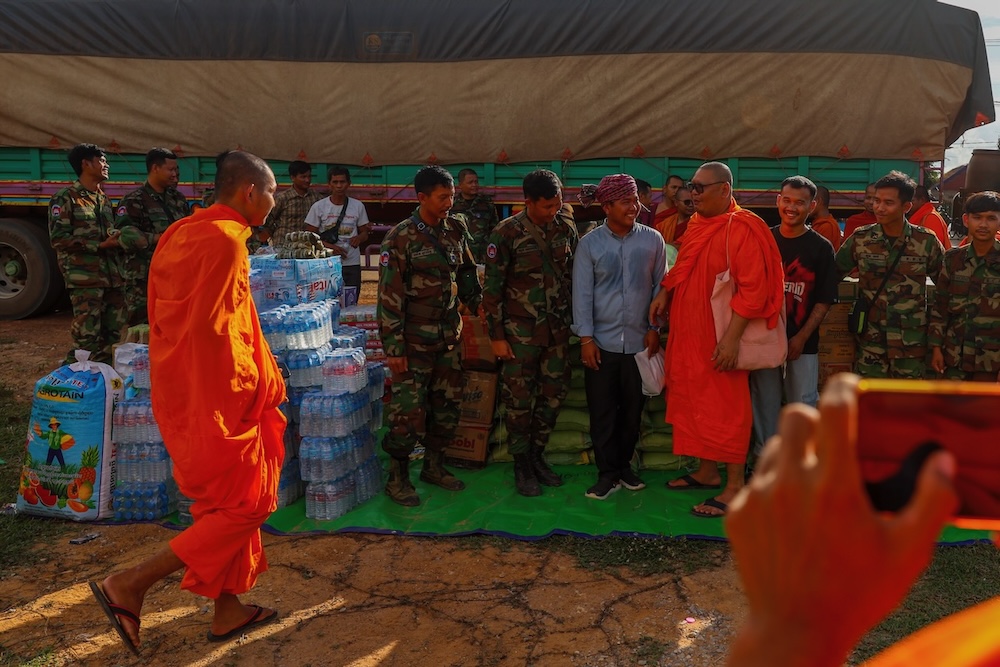
Zhina Modares-Gorji Sentenced as Iran Tightens Grip on Kurdish Journalists
November 2, 2024
U.S.-Iranian Journalist Reza Valizadeh Detained in Tehran: A Case of Hostage Journalism
November 3, 2024November 2, 2024 – Afghanistan –
Since the Taliban returned to power in August 2021, Afghanistan has witnessed a dramatic escalation in attacks against journalists, with over 447 documented incidents of threats, arrests, and assaults, according to a new report from the Afghanistan Journalists Center (AFJC). Released on the International Day to End Impunity for Crimes Against Journalists, the report paints a dire picture of press freedom in a country where speaking the truth has become a life-threatening act.
Of the 447 incidents, at least 220 involved arbitrary detentions, often without charges or due process. Journalists have been routinely summoned by Taliban intelligence, interrogated, and subjected to physical and psychological abuse. The AFJC notes that since August 2021, at least three journalists have been killed, and dozens have fled the country or abandoned the profession altogether.
The culture of fear has intensified self-censorship, and the media landscape has dramatically shrunk. Newsrooms have closed, women journalists have largely disappeared from public view, and many regions have become information black holes. Meanwhile, more than 128 journalists have been killed in Afghanistan since 2001, yet over 90 percent of those cases remain unresolved. This enduring impunity emboldens perpetrators and silences survivors.
The Taliban has also imposed severe restrictions on content, banning critical coverage of governance, women’s rights, and security issues. Journalists now navigate a web of censorship, threats, and legal uncertainty. Equipment confiscation, internet surveillance, and press bans further tighten the noose around free expression.
AFJC’s report calls on the Taliban to immediately cease harassment of media professionals, repeal restrictive media laws, and establish mechanisms to investigate past and present attacks on journalists. However, in the absence of international pressure and internal legal reforms, these recommendations remain aspirational.
Afghanistan’s media, once hailed as one of the most vibrant in the region, is now under siege. Journalists are not merely being censored—they are being systematically erased. The right to inform and be informed is collapsing under authoritarian rule. On this International Day to End Impunity, the world is reminded that silence in Afghanistan is not voluntary—it is violently enforced. Without urgent action, journalism in the country may not survive.
Reference –




